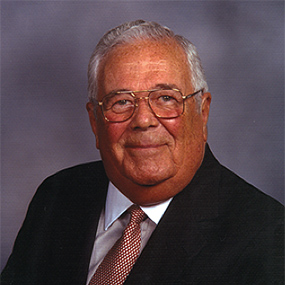The office of Governor Terry Branstad today (Thursday), announced that in cooperation with the Governor of the state of Iowa and Iowa Homeland Security and Emergency Management, approximately 45 members and 20 vehicles from the Iowa Army National Guard are deploying to High Ridge, Mo. to provide water purification and water transportation services.
The Soldiers are members of Companies A, B and C, 334th Brigade Support Battalion, 2nd Infantry Brigade Combat Team, 34th Infantry Division, located at Camp Dodge, Cedar Rapids and Oelwein. The Soldiers and their equipment will arrive in Missouri on January 1st and begin transporting and producing potable water that same day.
The Iowa National Guard is providing one Tactical Water Purification System (TWPS) and 15 “Hippos” (Load Handling System Compatible Water Tank Racks for transporting water) for the mission in Missouri. The TWPS uses state-of-the-art reverse osmosis technology to produce 1,500 gallons-per-hour (GPH) of potable water. The Hippo consists of a 2,000-gallon potable water tank with an integrated pump, engine, alternator, filling stand, and 70-foot hose reel with bulk suction and discharge hoses. It has the capacity to pump 125 gallons of water per minute.
The state of Missouri requested assistance from the state of Iowa to help provide potable water after High Ridge’s Public Water Supply District 2 Treatment Plant was contaminated by extensive flooding. The Treatment Plant serves approximately 6,500 customers in High Ridge and Murphy, Mo. and is located approximately 350 miles southeast of Des Moines, Iowa. More than 20,000 Missouri residents are currently without potable water due to flooding.
Support is provided under the Emergency Management Assistance Compact (“EMAC”) (pronounced “ee mack”), an agreement executed previously between all 50 states, to assist one another in times of crisis. EMAC is a national, mutual aid and partnership agreement that allows state-to-state assistance during Governor-declared or federally-declared emergencies. Once the conditions for providing assistance to a requesting state have been set, the terms constitute a legally binding contractual agreement that make affected states responsible for reimbursement.





